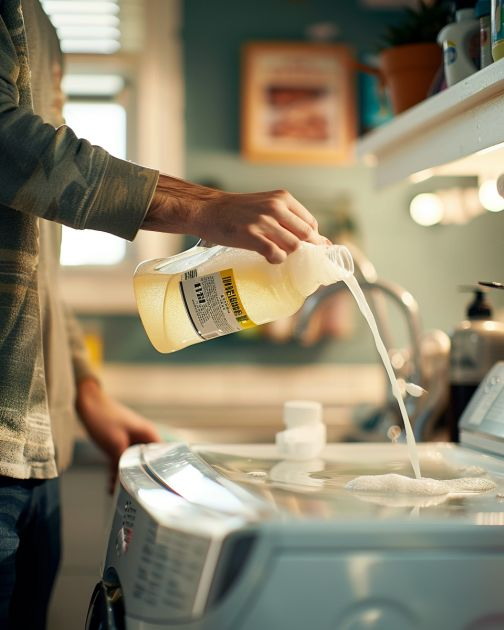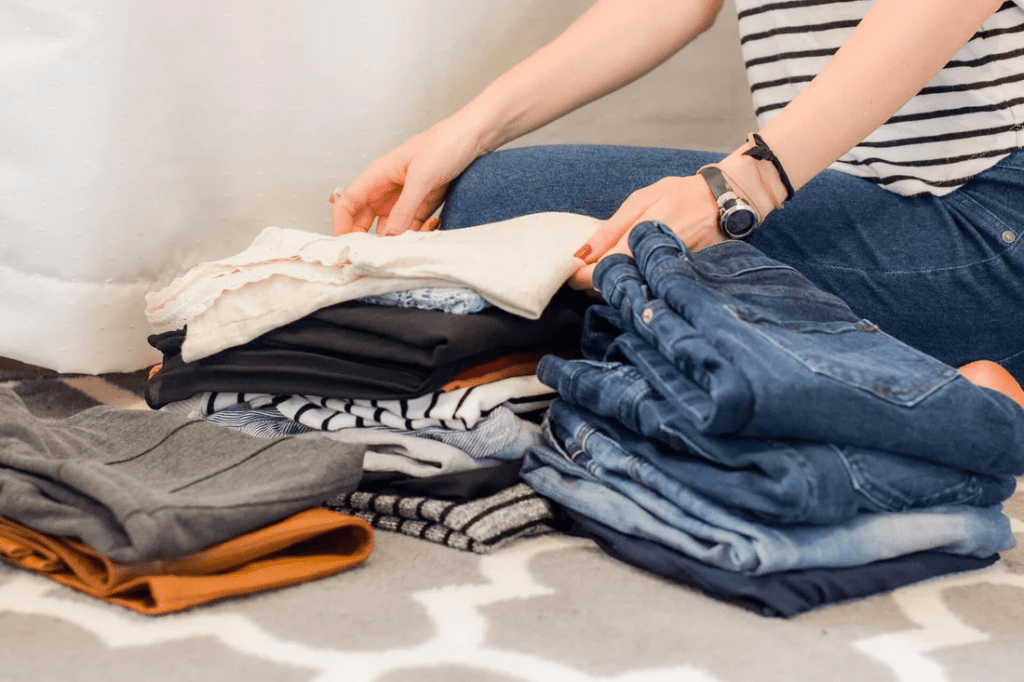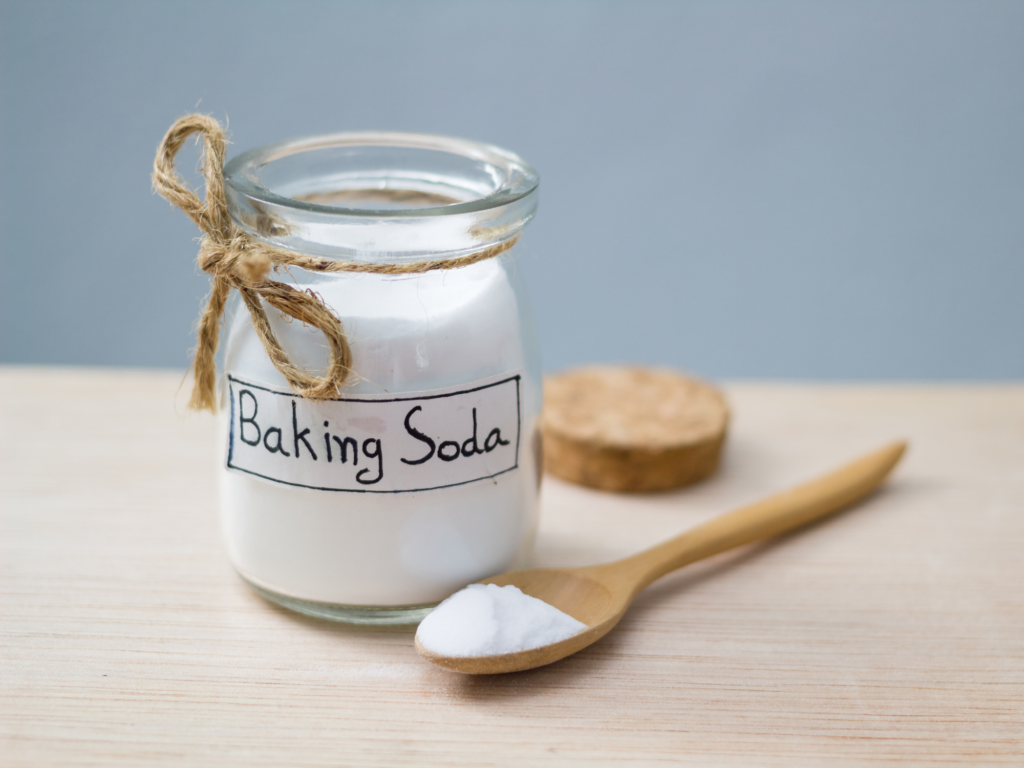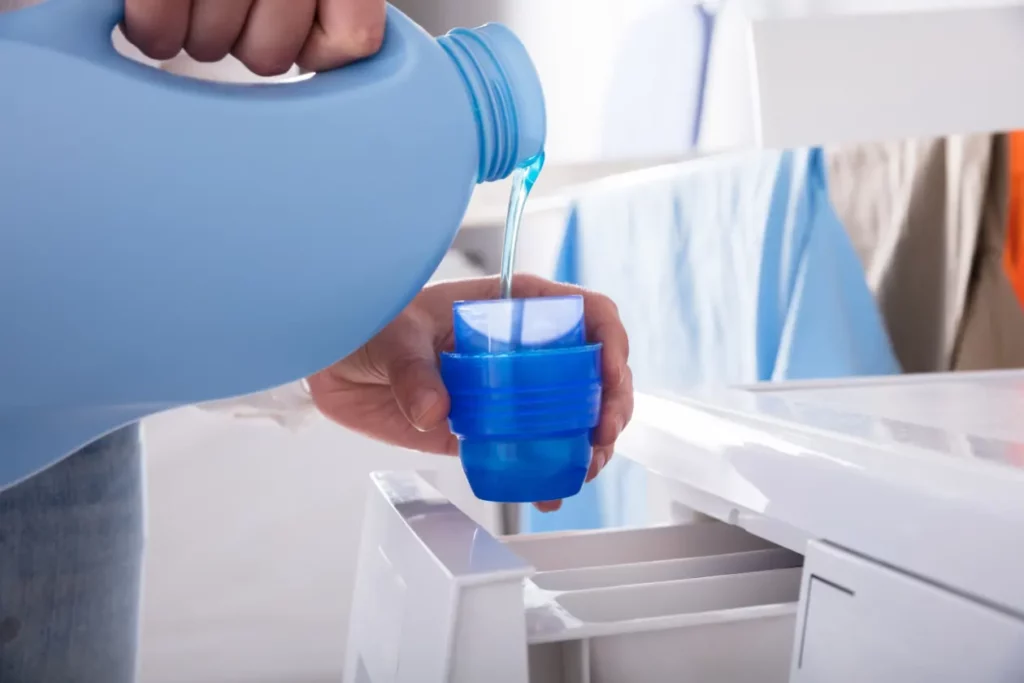When it comes to household chores, everyone has their own way of doing things. But what happens when convenience leads to unconventional cleaning methods? For instance, your roommate uses dish soap for laundry because it’s easier or cheaper than buying detergent. Sounds harmless, right? But is it really safe? Before you follow their lead, let’s dive into the science and risks behind this cleaning shortcut.
Using dish soap for laundry might seem like a good idea in a pinch, but the truth is, it’s not all the same. Understanding why dish soap and laundry detergent are formulated differently can help you avoid potential mishaps that could affect both your clothes and your washing machine.
The Differences Between Dish Soap and Laundry Detergent

When it comes to cleaning agents, not all soaps are created equal. Dish soap and laundry detergent have distinct purposes, and their chemical compositions are tailored accordingly.
1. Chemical Composition: Grease vs. Fabric Care
Dish soap is designed to cut through grease, making it ideal for scrubbing pots, pans, and plates. The chemicals in dish soap are formulated to break down oil and food residue on hard surfaces. On the other hand, laundry detergent is made specifically to clean fabrics. It contains enzymes and surfactants that target dirt, sweat, and stains while protecting the fibers of your clothing.
When you use dish soap in the laundry, you’re applying a product designed for a different type of cleaning. The harsher chemicals in dish soap can be too aggressive for delicate fabrics, which could cause your clothes to wear out faster.
2. Foaming Action: A Sudsy Problem
One of the biggest differences between dish soap and laundry detergent is the amount of foam they produce. Dish soap creates a lot of suds, which is great for handwashing dishes but problematic in a washing machine. Especially in high-efficiency (HE) washers, which are designed to use low-foaming detergent, the excess foam from dish soap can cause the machine to overflow or malfunction.
Over time, the foamy residue can also clog the internal mechanisms of the washing machine, leading to costly repairs. If you’ve ever seen your washing machine bubble over like a soap-filled volcano, you know firsthand the mess dish soap can create.
3. Rinsing Residue: The Leftover Soap Problem
Laundry detergents are formulated to rinse out completely during the wash cycle, leaving your clothes fresh and clean. Dish soap, however, is stickier and can leave behind a film on your clothes, even after rinsing. This residual soap can make your clothes feel stiff, greasy, or even cause skin irritation—especially for those with sensitive skin or allergies.
While it might not seem like a big deal at first, wearing clothes with leftover dish soap can lead to discomfort, itching, and in some cases, rashes.
Potential Risks of Using Dish Soap for Laundry
So, is using dish soap in the laundry really that bad? The short answer: yes. Here are some of the major risks you’re taking by substituting dish soap for laundry detergent.
1. Damage to Your Washing Machine
One of the biggest risks of using dish soap for laundry is the damage it can cause to your washing machine. As mentioned, dish soap produces a lot of foam, which can interfere with the washing machine’s normal operation. Excess suds can lead to leaks, clogging, and even breakdowns.
Repairs can be costly, and in severe cases, you might have to replace the machine altogether. Considering the price of a new washing machine, using proper laundry detergent seems like a much better investment.
2. Wear and Tear on Your Clothes

Dish soap is formulated to tackle tough grease, which means it contains stronger chemicals than laundry detergent. While this works wonders for your greasy dishes, it can be far too harsh for your clothes. Over time, using dish soap can weaken the fibers in your garments, causing them to fade, fray, or even tear.
If you want your clothes to last, it’s essential to use products specifically designed for fabrics. Laundry detergent is formulated to clean while protecting the integrity of your clothing, keeping your favorite outfits in rotation for longer.
3. Skin Irritation and Allergic Reactions
Another significant risk of using dish soap for laundry is skin irritation. Since dish soap doesn’t rinse out as thoroughly as laundry detergent, soap residue can remain on your clothes after washing. This leftover soap can cause itching, redness, and discomfort—especially for individuals with sensitive skin or allergies.
Even if you’re not sensitive to dish soap when washing dishes, prolonged contact through your clothing can lead to unexpected reactions. Laundry detergent is made to avoid these issues by fully rinsing out of the fabric, leaving nothing behind that could irritate your skin.
What to Use If You Run Out of Laundry Detergent
So, what should you do if you’ve run out of laundry detergent and don’t want to make a trip to the store? While it might be tempting to grab the dish soap, there are better alternatives that are safer for your clothes and washing machine.
1. Baking Soda

Baking soda is an excellent alternative in a pinch. It helps to freshen up your clothes, neutralize odors, and gently remove dirt. Simply add about half a cup of baking soda to your load in place of detergent. While it’s not a long-term solution, it works well for one or two emergency loads.
2. Vinegar
White vinegar is another fantastic alternative. It acts as a natural fabric softener and can help clean clothes by breaking down stains and eliminating odors. Add about half a cup of vinegar to the rinse cycle, and your clothes will come out cleaner than you might expect. Plus, it’s safe for both your washing machine and your fabrics.
3. Laundry Strips or Pods
For convenience, consider keeping laundry strips or pods on hand. These compact and easy-to-store options provide pre-measured detergent in a simple format. They dissolve completely in water and won’t leave residue on your clothes. Best of all, they eliminate the need to lug around heavy detergent bottles.
Conclusion: Stick to Laundry Detergent for Best Results

While your roommate might insist that dish soap works just as well as laundry detergent, the risks outweigh the convenience. Using dish soap for laundry can damage your clothes, cause skin irritation, and harm your washing machine. It’s essential to use the right products for the job, especially when it comes to taking care of your garments and appliances.
When you’re in a bind, alternatives like baking soda or vinegar are safer, more effective options. And to avoid this issue altogether, consider stocking up on laundry strips or pods, which are easy to store and always ready when you need them.
By making smart choices and using proper laundry products, you can avoid costly repairs, maintain your clothing, and ensure a comfortable, clean living environment.


